When you browse through supermarkets and other coffee brands, you might have come across “Fair Trade” stamps on the label of a few coffee brands. You might even see this on product descriptions when you browse online. But what does “fair trade” mean? What is fair trade coffee?
There are many types of coffee out there—sometimes too many for a casual drinker would bother to know. “Fair trade” is not a new type of coffee bean, nor is it a brand. A product is said to be “fair trade” if it gets a certification from an organization like Fair Trade USA or Fair Trade International. It must meet certain standards and criteria in areas such as fair compensation for farmers, production, and other ethical standards. Coffee is not the only product that can get certified. Other consumer goods like sugar and chocolate can be certified too.
What does fair trade mean?
In this section we’ll go into detail as to what fair trade means, specifically for the coffee supply chain.

Over the past few years, awareness about sustainability and concern for the environment have been at the forefront of people’s concerns especially when it comes to purchasing essential products. People want to know the source of the goods that they’re buying, who’s producing it, and if they’re using ethical practices. It’s certainly the case for fashion, but it’s also the same for other industries. In the case of coffee, people want to know where the beans come from, if it’s sourced and harvested ethically, if the farmers were paid fair wages, and if the methods they used harm the environment.
What is fair trade coffee?
Fair trade is the buzzword for business practices that address these concerns. Buying fair trade coffee means supporting a system that promotes the growth of independent farmers using ethical business while taking care of the environment (specifically the one that they’re farming on).
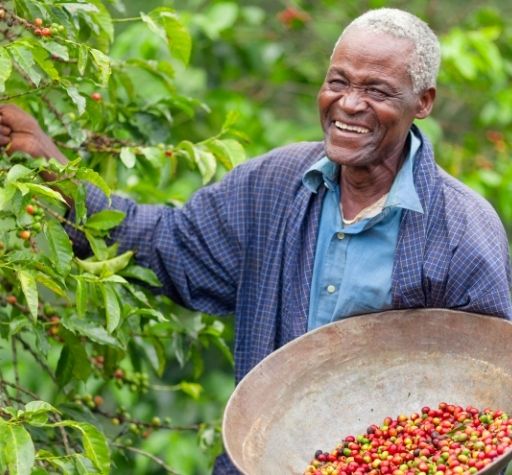
The practice entails a long-term agreement between local farmers and coffee roasters. Being compensated fairly over a long period allows the farmers to have the opportunity and resources to gain access to better and safer working conditions, training, and resources to invest in improving farming practices to take care of the environment
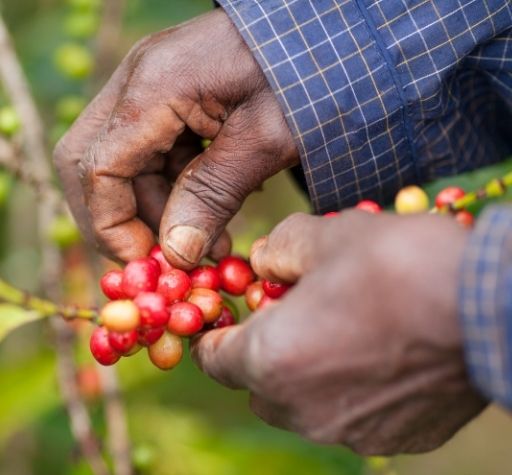
Fair trade practices encourage sustainable coffee farming. Use of GMOs and potentially toxic pesticides are not allowed to protect the environment and the health of the farmers. The direct contract between the farmers and roasters eliminates middlemen while empowering the farmers to take charge of their own enterprise. In non-fair trade coffee farming, middlemen are needed to sell the coffee to the roasters, but too often the farmers are forced to sell for cheap (oftentimes a lot cheaper than the cost of production) because they don’t know who to sell their products to.
Fair trade principles go against the capitalist practice of buying products in bulk for cheap, meanwhile disregarding the impact to the environment and the community where the main product comes from.

Fair trade is not a trend that will come and go. It’s a practice that ultimately helps give farmers the opportunity to earn a sustainable living and protecting their livelihood in the long run while protecting the environment. This type of system protects coffee farmers and suppliers so that the business can last for generations.
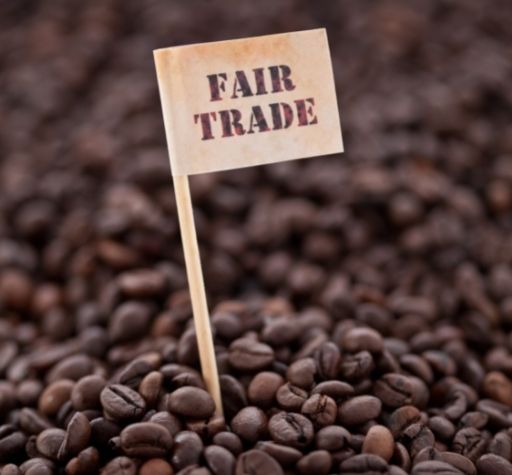
Any coffee company can put the terms “fair trade” on their tags and labels. However, to know if a product is fair trade (meaning, it complies with the standards described above), all you need to do is look for any of the following: Fair Trade Certified, Fairtrade International, or Fair Trade USA . These are legitimate non-profit organizations that regulate and assess the practices of companies.
Is fair trade coffee good?
A lot of coffee companies have jumped on the fair trade bandwagon. It’s arguably a great thing for all stakeholders. However, while all this talk of better business practices is important, the question will inevitably go back to product itself: Is fair trade coffee good coffee?
When we talk about “good coffee”, it’s usually about the taste of the final product, describable in terms of its flavour profiles: acidic, bitter, robust, etc. It’s hard to say if fair trade coffee tastes better or if the beans are better because at the end of the day it all depends on the brewing methods used by baristas, as well as the preferences of the coffee drinker. Fair trade coffee speaks more to the business practices and ethics surrounding the production and trade of the coffee beans.
Best fair trade coffee
Not all fair trade coffee products are organic, likewise, not all organic coffee is fair trade; but organic fair trade coffee does exist. A lot of roasters who sell in small stores and booths had to move online due to the pandemic, these days, the best place to look is online. Here are a few fair trade coffee brands with some of the highest reviews on Amazon:
Tiny Footprint Coffee
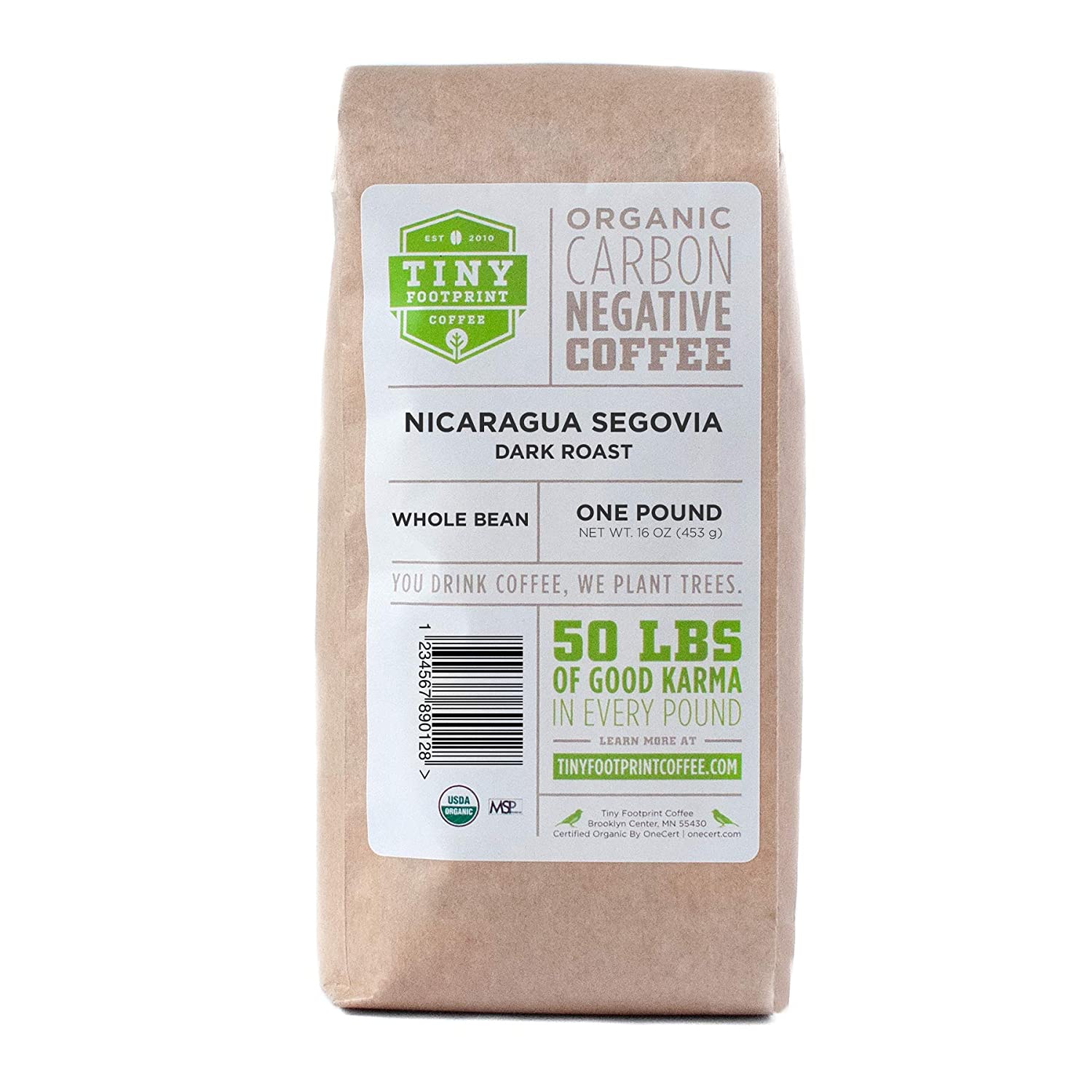
Tiny Footprint Coffee is a coffee company from Minnesota. They source organic-certified coffee beans from Rain Forest Alliance-certified and fair trade certified suppliers from carious countries in Latin America and Africa, offering light, medium, and dark roast coffee. Tiny Footprint Coffee donates a portion of their earnings towards reforestation through the aid of the Mindo Cloudforest Foundation.
Fresh Roasted Coffee LLC
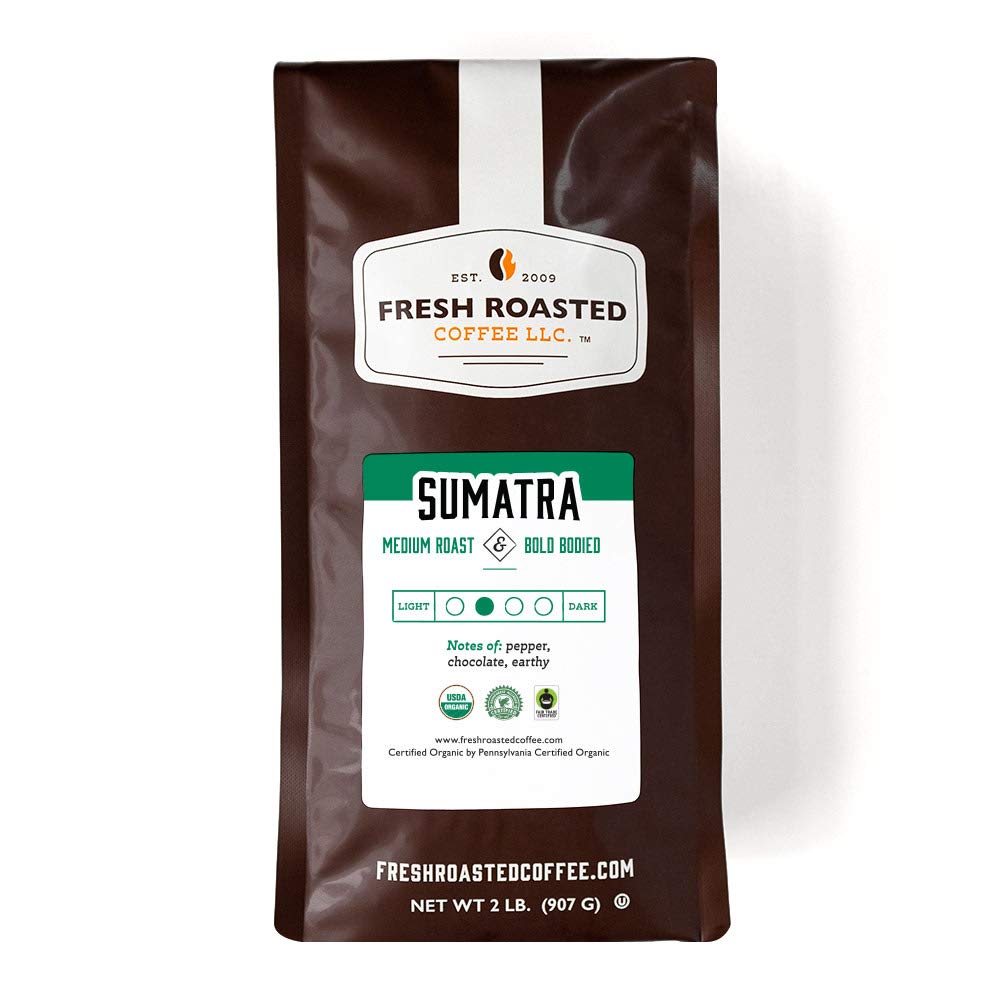
Fresh Roasted Coffee LLC offers roasted coffee, unroasted green coffee, coffee pods and teas in their selection. All of their coffee is certified fair trade. They offer a variety of coffee beans sourced from countries like Honduras, Kenya, Mexico, and Peru. Roasted beans are packed immediately after roasting to ensure freshness. Their products can be bought from their website or in Amazon.
Gobena Coffee

Gobena Coffee is a coffee company based in Illinois. They source their coffee from Ethiopia, and have since sourced other varieties from Nicaragua, Guatemala and Mexico. They sell the coffee in various quantities: 12oz, 2lb, and 5lb bags, as well as single serve capsules. They also sell various types of coffee equipment on their website. They have a fundraising program which gives customers the opportunity to raise funds for their chosen charity for every product purchased.
Common among these companies is their commitment to ethical sourcing of the beans, making sure to give back to the communities where they source their products. Although the companies listed above are relative newcomers to the coffee industry, fair trade certifications are also awarded to bigger companies like Seattle’s Best. Seattle’s Best sells coffee in their stores and online, and a few of them have a fair trade seal (such as the Seattle’s Best 6th Avenue Bistro ground coffee).
Is Starbucks coffee fair trade?
Starbucks claims to sell ethically sourced coffee, but it has its own program called Coffee and Farmer Equity (CAFÉ) Practices. On their website, they describe their company’s mission to conduct business ethically while supporting the communities where they source their products.

They partnered with Conservation International to implement this program that aims to ensure that the coffee farming, harvesting, and trading principles are sustainable. These are the criteria that they abide by: Economic Transparency, Social Responsibility, Quality, and Environmental Leadership.
Starbucks makes sure that they and their partners comply with these criteria. By publishing this information on the website, they are assuring their customers that they are complying with these standards. Come to think of it, Starbucks’ CAFÉ Practices share similar goals to organizations like Fair Trade International and Fair Trade US.
How much does fair trade coffee cost?
A 2 lb. bag of fair trade coffee might cost about $22-$25, whereas the non-fair trade counterpart costs about $15-$18 for 2 lbs.
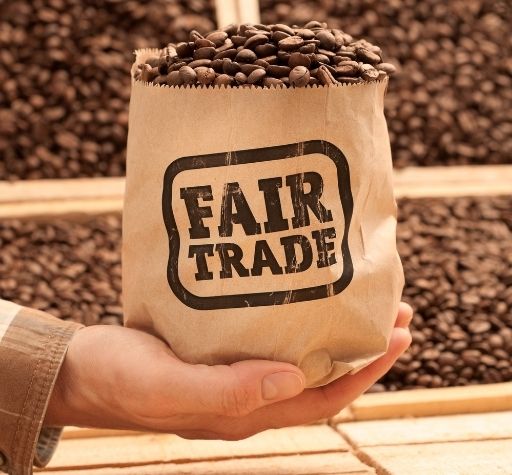
Fair trade coffee seems to be a little more expensive than non-fair trade. When buying fair trade coffee, it’s not so much about getting the product at the cheapest price. We’re actually talking about value for money. You must ask yourself, what am I actually paying for? Is it really just the coffee? Paying $22 for 2 lbs of coffee, knowing that it goes into supporting farmers, sustainable practices, and protecting the environment seems worth it, don’t you think? Whereas if you were to pay $15 for the same amount of coffee, you may go home with a lot of coffee, but you might be supporting a system that uses child labor, underpaying farmers, and supporting the use of chemicals to speed up the mass production of coffee beans. Getting your value for money has more to do with spending it wisely rather than buying products mindlessly.
By the way, paying $22 for a 2- lb. bag of coffee beans is still a lot cheaper than if you were to buy from a coffee shop every day.
The difficulties of implementation
Having a fair-trade certification is becoming more sought-after as people become more familiar with the meaning of fair trade, and what it stands for. As you can imagine, a growing list of coffee companies are applying for fair trade certification. However, there are some people who have spoken out against fair trade coffee, calling out its inability to keep promises such as addressing poverty among farmers and the farming communities.
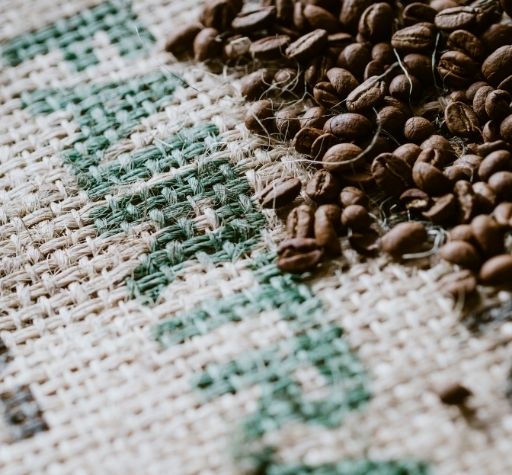
These claims are hard to substantiate, but should be investigated, as well as other concerns raised by critics. These critiques are important to move things forward. As more coffee suppliers and roasters apply for certification, there needs to be a better way to ensure that those involved are meeting their goals and keeping their promise to the consumers, the roasters, the farmers, as well as the environment. After receiving certification, there should still be a way to regulate the companies to make sure that they stay compliant to the standards and criteria set by organizations like Fair Trade USA and Fair Trade International.
Myths about fair trade coffee
With the well-meaning ideals and principles of fair trade coffee, one would think that everyone would be on-board. However, myths and untruths continue to plague the fair-trade industry. Here are a couple of myths that commonly circulate in the industry:
- Concern for the environment is an afterthought in the whole system of “fair trade”. There are standards to be met on certain aspects of production such as the efficient use of water, prohibiting the use of pesticides, and waste management. These are outlined in the guidelines set by the fair-trade organizations. Compliance is mandatory for all farmers who wish to achieve and maintain this certification.
- Fair trade coffee does not always have great quality. The quality of the products depends on the ability of the farmers and the roasters to refine and innovate their techniques and practices. When you buy fair trade coffee, the farmers and suppliers are paid a “fair” amount of money, which will allow them to save and allocate funds for capital development and further training and education. The farmers and suppliers who have received trainings will be able to apply what they learned in their job, which can improve the product.
Why you should seek fair trade coffee
Many money experts and financial advisers will tell you that you have to think about where your money goes every time you spend it. When it comes to consumer goods, it’s always good to do some research as to the companies that you’re supporting. How much damage do they cause to the environment every time they produce a product? Do they have good, long-term partnerships with the farmers?
Coffee farmers need our support now more than ever. The COVID pandemic has had a severe impact on coffee farming. Because of the regulations and restrictions placed amongst essential and non-essential workers, farmers have not been able to plant and harvest coffee as they normally would. To add to that, a lot of restaurants, hotels and coffee shops closed, or downsized their operations. The COVID pandemic has negatively affected demand for coffee. These days, many coffee farmers are struggling to stay afloat and foresee that they will be operating at a loss for a while before they are able to recover. You should buy fair trade coffee if it’s available to support the farmers who have been severely affected by the pandemic.
IF YOU’VE ENJOYED THIS ARTICLE, GIVE IT A PIN!
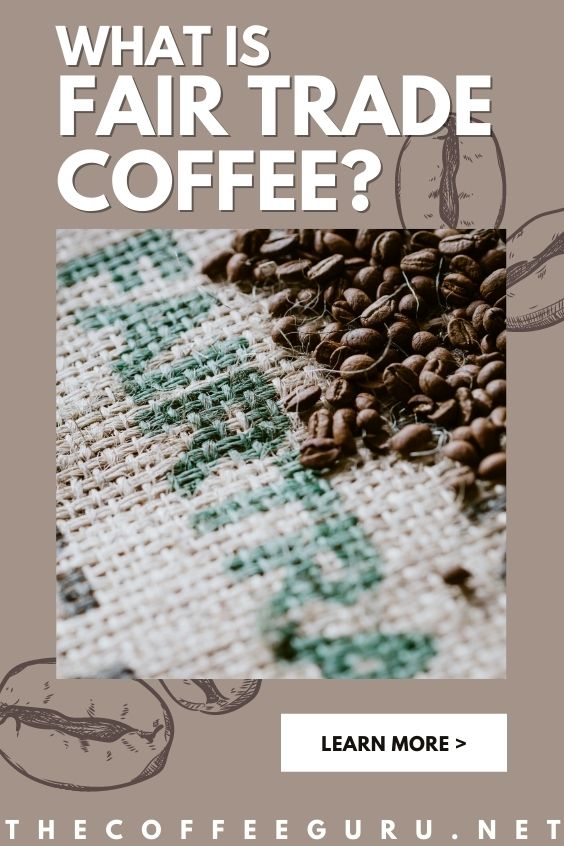













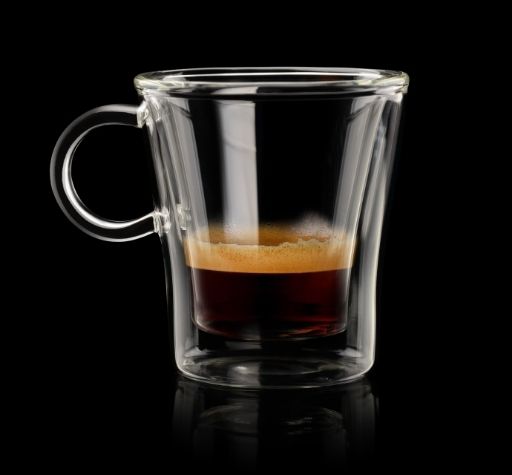


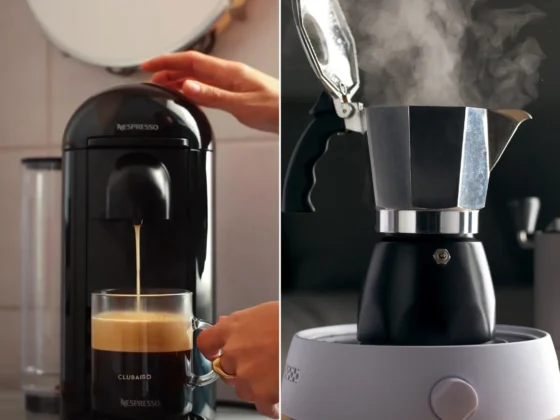




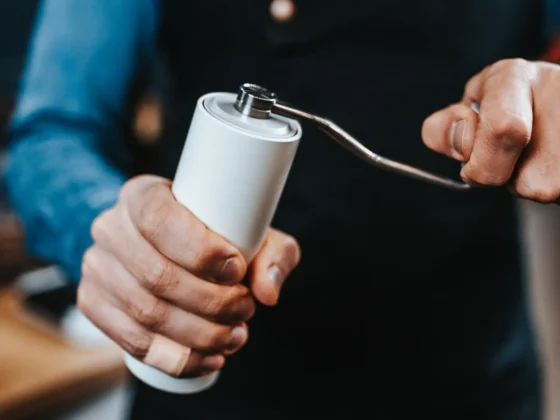
1 comment